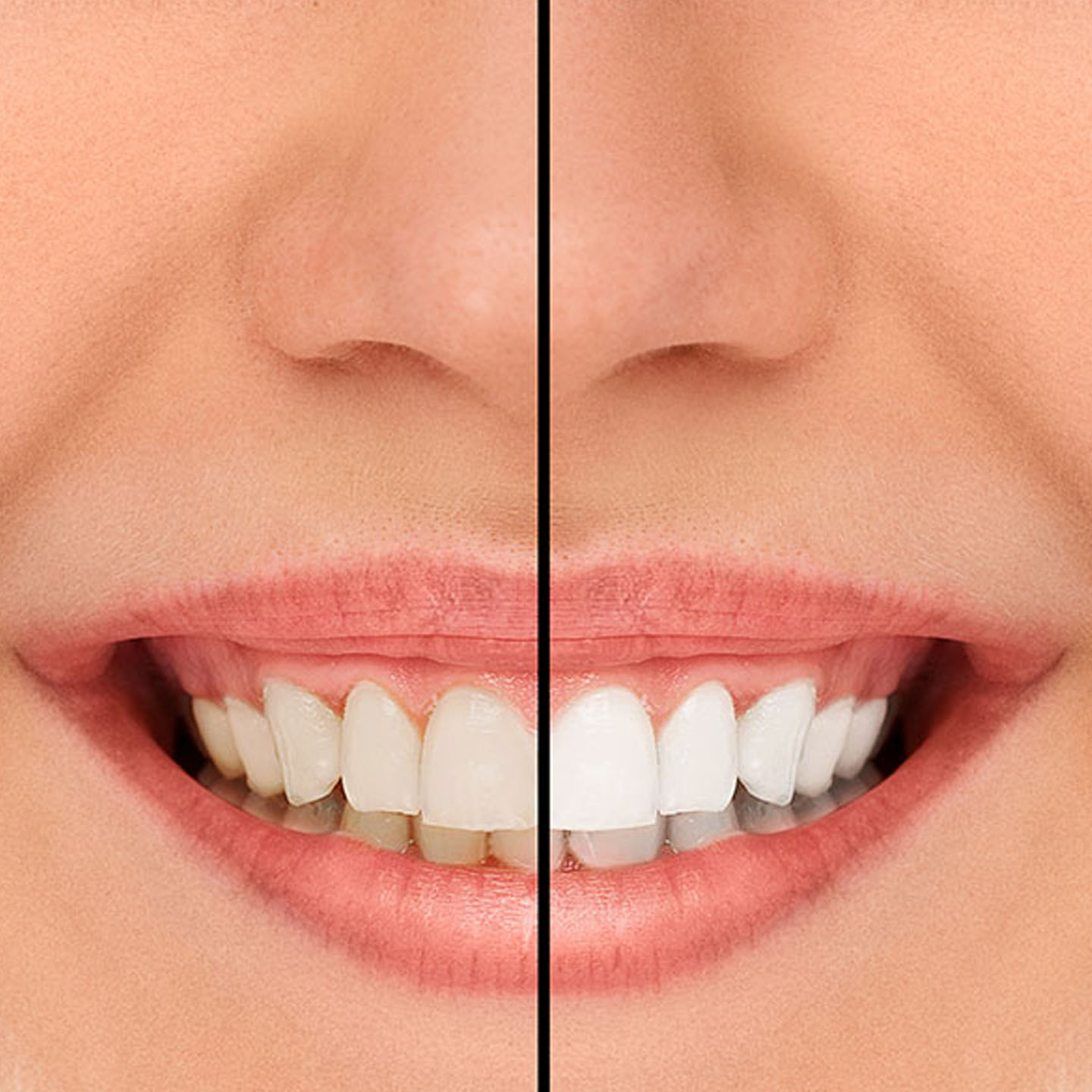Learn how to maintain healthy teeth with our comprehensive guide. Discover best practices for oral hygiene, including brushing, flossing, and using mouthwash. Our expert tips and advice will help you achieve a bright, healthy smile that lasts a lifetime.
RELATED : How Long Does Nicotine Stay in Your Body
From preventing cavities to addressing tooth sensitivity, we cover everything you need to know to keep your teeth in top shape. Get started on your journey to a healthier mouth today!
Taking care of your teeth and gums is essential in preventing issues like cavities, gum disease, and tooth loss. Here are some best practices:
- Clean your mouth in this order before bed: floss, brush, tongue scrape, and then rinse with mouthwash
- Brush your teeth twice a day
- Use fluoride toothpaste to strengthen enamel and prevent cavities
- Floss and rinse with mouthwash once a day
- Don’t overuse whitening products (this can erode enamel)
- Opt for an electric toothbrush over a manual toothbrush for a deeper clean
- Choose soft-bristle toothbrush heads (medium to hard bristles can damage gum tissue and enamel)
- Get routine teeth cleanings and dental exams (twice a year)
- Limit sugary, processed, and acidic foods and drinks
- Prevent tooth discoloration by limiting coffee, tea, and other dark-colored drinks
- Wear a nightguard if you grind your teeth at night (bruxism)
- Don’t smoke or chew tobacco
RELATED : Recognize Common Oral Health Conditions and Diseases | Health 2023
How Does Oral Health Affect General Health?
A healthy mouth is essential for a healthy body. On the other hand, an unhealthy mouth can lead to health problems in other areas of the body.
Tobacco use, excessive alcohol consumption, and/or unhealthy diets cause the oral cavity and body to deteriorate over time. General health conditions can also worsen your oral health standing.
Common medical issues associated with poor oral health include:
- Heart disease
- Diabetes
- Weakened immune system
- Stroke
- Alzheimer’s disease
- Cancer (tobacco)
- Osteoporosis
- Birthing complications

